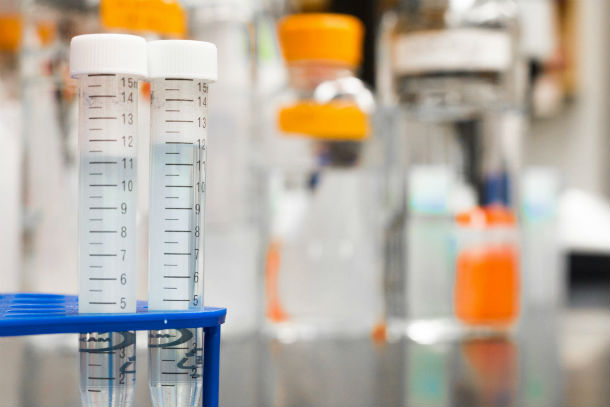Parkinson’s Disease from the Perspective of a Neurology-Focused CRO
April 22, 2025April is Parkinson’s Awareness Month. While most people have heard of Parkinson’s disease, they may have misconceptions about it based on what they’ve seen in the media. As a contract research organization (CRO) specializing in clinical trials in neurology, oncology and immunology, Atlantic Research Group (ARG) wishes to shine a spotlight on this all-too-common condition.
What is Parkinson’s Disease?
Parkinson’s disease is a neurodegenerative disorder affecting 10 million people worldwide, with nearly 90,000 newly diagnosed in the US each year. This disease primarily impacts the dopamine-producing neurons in the part of the brain called the substantia nigra.
Symptoms of the disease often develop over many years and can include tremors, slowed movement, limb stiffness and postural instability. Some believe that the disease stops there, but most people also develop non-movement symptoms, such as loss of smell, constipation, depression and REM sleep behavior disorder. The non-movement symptoms often present themselves before the movement-related ones.
The Role of Clinical Trials in Parkinson’s Disease
While advancements in treatments for Parkinson’s disease are ongoing, there is still no cure. Current therapies can improve symptoms, but they do not slow down or halt disease progression. Clinical trials have played a major role in helping scientists understand disease progression, identify treatment targets and improve the quality of life for patients.
When patients with Parkinson’s disease participate in clinical trials, they contribute to making breakthroughs and developing new treatments that can improve the lives of people who live with the disease for years to come. ARG is currently working on a Parkinson’s disease clinical trial, and the trial’s project manager, Alison Patterson, finds a special meaning in doing this work.
"It’s incredibly rewarding to support a study that’s part of the ongoing search for better treatments in Parkinson’s disease,” Patterson said. “The enthusiasm and commitment we’re seeing from investigators is a testament to how meaningful this work is to the broader medical and patient communities."
Researchers work hand-in-hand with doctors to ensure the safety of clinical trials and inform patients of the risks upfront. Often, the risk of participating and trying an experimental treatment is similar to the risk of opting out. However, this is up to the patient to decide. The more patients participate, the better the diversity of the trial, which widens the range of people the trial can help.
Current State of Parkinson’s Research
We have learned a lot about Parkinson’s disease that has helped improve the livelihood and outcome of those living with it. However, there’s still a lot that needs to be uncovered. Scientists are currently finding ways to identify biomarkers that can lead to earlier diagnosis and improved treatment plans. There’s also the matter of understanding what causes the disease and, ultimately, finding a cure.
As the research about Parkinson’s disease continues to advance, ARG is hopeful that improvements in treatment are just around the corner. So many strides have been made in recent years, and we are learning more about this condition every day. We will continue to work with sponsors on clinical trials for Parkinson’s disease as we move closer to finding a cure.



